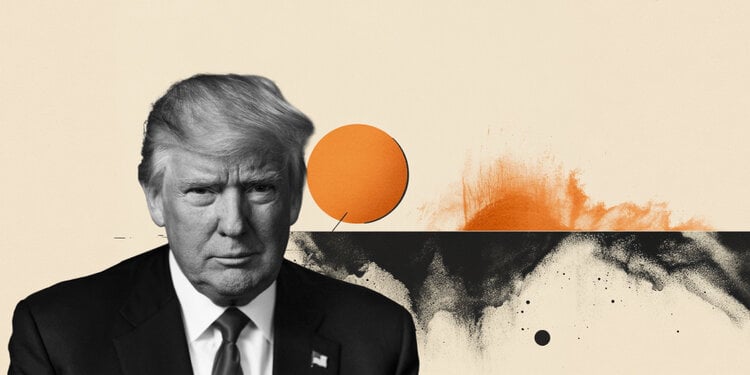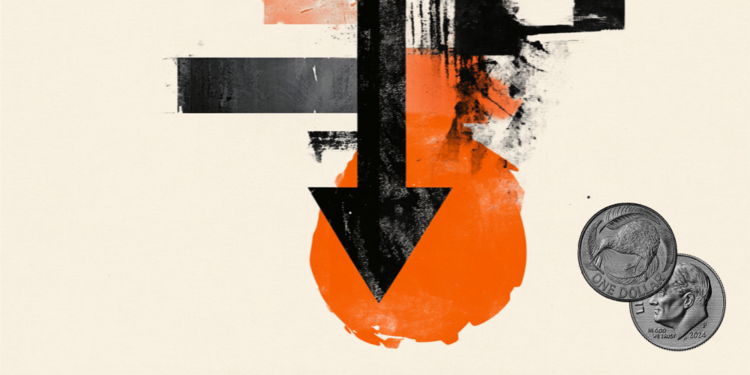Turn off the TV when the crudest images of the war are being broadcast or let the children be informed about everything that happens during the conflict between Russia and Ukraine? How to protect our little ones, avoiding resorting to lies? He just left the book “What fear is war!” for QUID +, the educational editorial line signed by Gribaudo, part of the Feltrinelli Group. It is a tool to help parents and teachers talk to their little ones about the fear of conflict in their role as emotional coaches. There are games, activities and practical advice with which to stimulate children to communicate what they think and feel, in order to respond to their need for reassurance.
We talked about it with the author Barbara Franco and the specialists of the education and child psychology sector Maestra Mary and Chiara Bosia, who collaborated in the project by offering their scientific advice.
Is it better to start the conversation or wait for the children to come up with the conversation?
«One of the first signs with which children express concern about what is happening around them is, generally, represented by the questions they ask us, which are a way to express the emotions they are feeling. It is therefore important that they are the ones to bring out the speech and we adults must be prepared to provide the answers they are looking for: what matters is that their request for help is received and processed by us who have the task of acting as a filter in the compared to the huge amount of information that comes to us every day. It is inadvisable to evade questions about conflicts or deny the question because it would be experienced as a disrespect and an attempt to downplay their fears. On the contrary, it is important to carve out a quiet moment of the day to address the issue, without being engaged in other activities, and paying attention to how and what we are communicating “.
Should the whole truth be told? What is the language to use?
“It is certainly important to tell children the truth, but this does not mean the whole truth, it is we adults who must know how to be mediators between reality and the child by knowing him in depth and knowing his degree of cognitive development, so we do not condone ours. stories with too many details, often not understandable by them, and we leave out gory details that can influence their mood. What matters is offering the right reassurance to help overcome the fear of war: for example, trying to get the message across that war is “far away” so that they can continue to play and be happy without feeling guilty because it is not their job to resolve. the problem. The fact that the war is far away does not, however, mean that it is not a fact that does not concern them: it is good for children to know, but they are able to keep the right distance. We also explain that there are many adults who are trying to resolve the situation and that we are safe. If what we say is important, it is even more important as it is said: therefore we use a suitable language giving a simple explanation without too many details that could be a source of anxiety “.
Is it dangerous to let them watch the news or the insights on TV?
“One of the first recommendations for us parents is to limit the viewing of television and never leave them alone in front of the media, especially programs, just like the news, which report bloody news stories that could be shocking, especially for the images , much more powerful and immediate than words. Among other things, the images and war news often concern children, the peers of our little ones. If it is really not possible to avoid these transmissions, our presence next to them is essential to filter and explain what happens on the screen and to which they cannot give adequate explanations on their own. In fact, it is important to remember that the younger children are, the less they are able to understand such complex issues through the cognitive and rational way, therefore they need concrete references and more linked to the emotions known to them “.
How can we do not to let our anguish show through?
«Often even for us adults, the fear of war is particularly difficult to manage and represents a very delicate issue to deal with. What we can do when we are in the presence of our children is to try to be positive, to remember to be patient and empathetic towards their fear. Talking about such delicate issues is certainly not easy, but it is very important to maintain a calm and welcoming tone and to be physically close to the children, trying to be reassuring because if we are frightened they too will feel vacillated and will lose their sense of security ” .
Any games or activities to reduce anxiety and educate for fellowship?
«Inside the book” What a fear the war! ” many activities have been included suggested to the psychologist Chiara Bosia with the aim of helping children to recognize the different expressions of fear and to understand their inner state and that of others, but not only: also to help them understand the concept of “complex reality “, To improve their ability to” read reality “and increase their empathy and, finally, to help them find effective strategies to recognize, face and overcome their fears and push them to concrete actions so that they do their small part. The Alphabet for Peace, suggested by Maestra Mary, is an example of an activity to educate for peace that consists of trying to reflect on the words of peace and write, next to each letter of the alphabet, the words or the names of the animals that according to the little ones they represent a message of peace ».
Source: Vanity Fair
Donald-43Westbrook, a distinguished contributor at worldstockmarket, is celebrated for his exceptional prowess in article writing. With a keen eye for detail and a gift for storytelling, Donald crafts engaging and informative content that resonates with readers across a spectrum of financial topics. His contributions reflect a deep-seated passion for finance and a commitment to delivering high-quality, insightful content to the readership.







